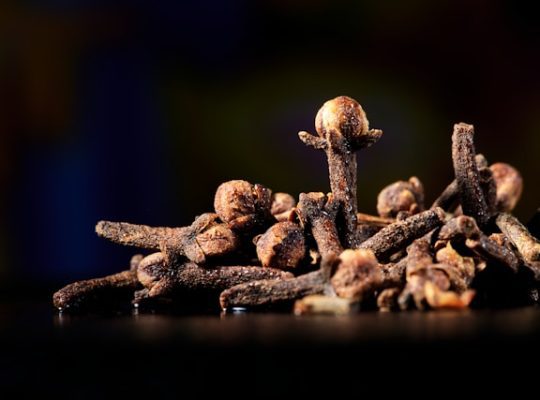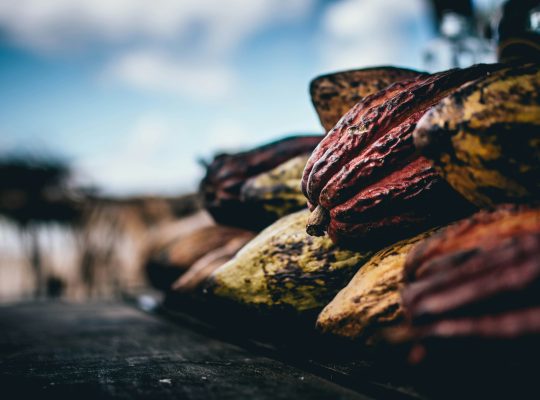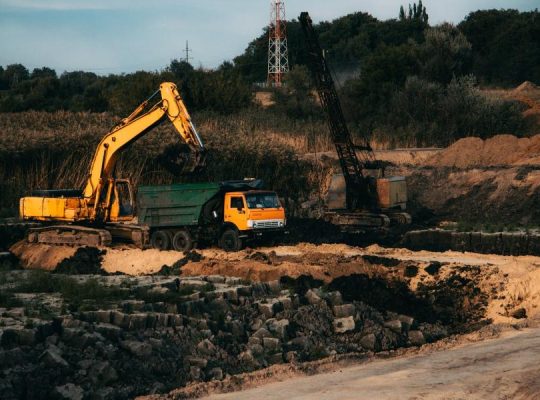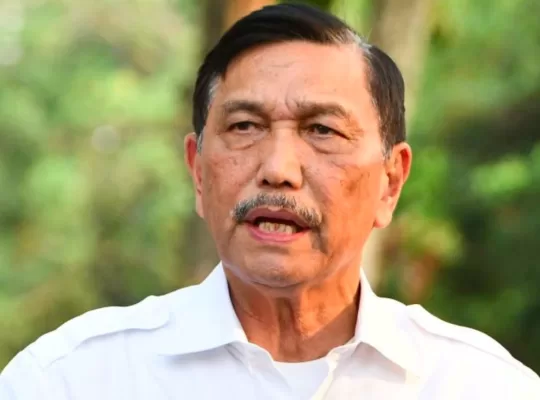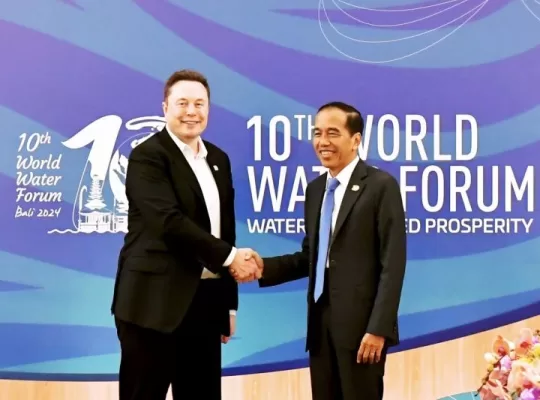Recent sanctions on Russia have significant implications for the global commodities market, particularly affecting the trading of Russian metals. Starting from April 13th, new British and US sanctions prohibit trading Russian-produced metals on the London Metal Exchange (LME), which is the largest metal exchange globally. These sanctions have a notable impact as a considerable portion of the copper and nickel on the LME—62% of the copper and 36% of the nickel—comes from Russia.
These measures are part of broader efforts to cut down Russia’s revenue from metal exports, in light of the ongoing geopolitical situation. Copper and nickel are crucial to various green technologies, such as solar panels and wind turbines, due to their roles in energy storage and battery production for electric vehicles. The increasing demand for these metals, driven by the push for renewable energy and net-zero emission goals, makes the sanctions particularly impactful.
As a result of the conflict in Ukraine, global attention in sourcing nickel is shifting towards Indonesia, further amplifying Indonesia’s role in the nickel market. Indonesia produced approximately 1.8 million tons of the total 3.6 million tons of nickel worldwide in 2023, solidifying its position not only as the largest mining country but also a lead in refinery production. This shift emphasizes Indonesia’s strategic importance in the nickel supply chain, especially for industries like steel production that heavily consume nickel.
Moreover, companies such as Canada Nickel Company and Green Bridge Metals are spotlighted for their involvement in nickel and other battery metals like cobalt, essential in lithium-ion batteries. These developments underscore the evolving dynamics of the metal market, influenced by geopolitical tensions and the increasing importance of sustainable resources.
This situation highlights the global market’s dependencies on specific countries for critical resources and the potential for countries like Indonesia to gain a larger share of the global market by utilizing their robust commodities resources effectively.




